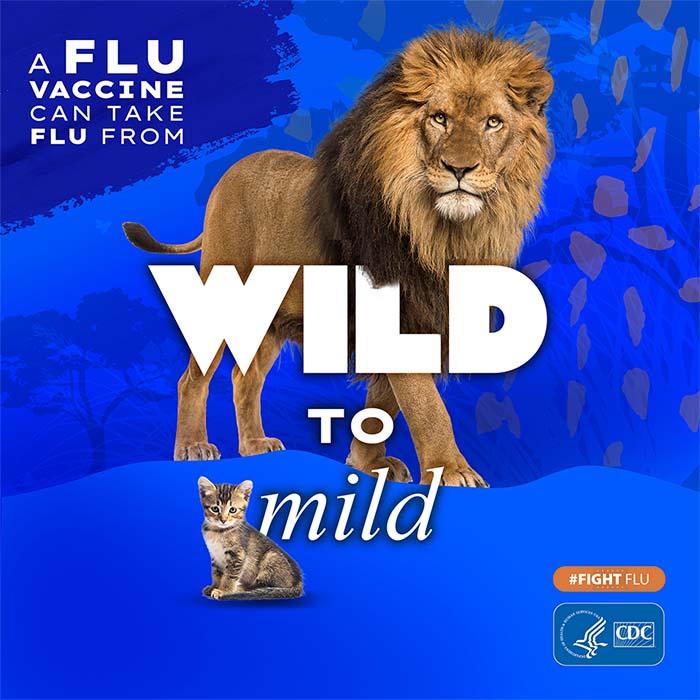VISION Vaccine Effectiveness Network
Established in 2019, the VISION Vaccine Effectiveness (VE) Network is a research collaboration between CDC, Westat, and multiple sites with integrated clinical, laboratory, and vaccination records in the United States that evaluate how well seasonal influenza (flu) vaccines protect people against flu and how well different COVID-19 vaccines protect against COVID-19.
VISION collects data on both flu-related and COVID-19-related medical outcomes in outpatient, urgent care, emergency department, and hospital settings to estimate flu vaccine effectiveness in preventing laboratory-confirmed flu illness while seasonal flu viruses are circulating. VISION also estimates COVID-19 vaccine effectiveness in preventing laboratory-confirmed COVID-19 illness across settings. VE is evaluated for different age groups by site and by presence of certain underlying medical conditions, such as immunocompromising conditions. VISION includes children and adults.
VISION also assesses information on severe outcomes among people hospitalized with laboratory-confirmed flu and COVID-19 including intensive care unit (ICU) admission, invasive mechanical ventilation, and in-hospital death. These data help inform how well flu vaccines and COVID-19 vaccines protect against severe outcomes.
Sites and Study Design
Nine participating sites in 11 different states are included:
- Baylor, Scott and White Health (Texas);
- Columbia University (New York);
- HealthPartners (Minnesota, Wisconsin);
- Intermountain Healthcare (Utah);
- Kaiser Permanente Northern California (California);
- Kaiser Permanente Northwest (Oregon, Washington);
- Regenstrief Institute (Indiana);
- University of Colorado, Denver (Colorado);
- Vanderbilt University, Nashville (Tennessee).
VISION uses a test-negative observational study design as well as prospective cohort data and collects data at participating sites.
- More information about how CDC’s VE studies are conducted and how to interpret results is available: How Flu Vaccine Effectiveness and Efficacy are Measured.
- Seasonal Influenza Vaccine Effectiveness provides tables that show the overall adjusted VE and related references for each season starting in 2004-2005.
